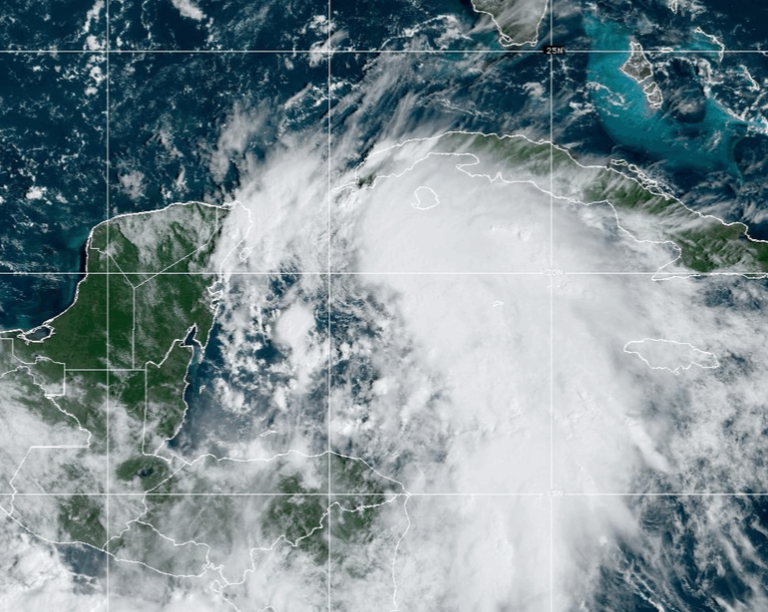As Tropical Storm Helene intensifies in the northwestern Caribbean Sea, residents across Florida brace for what could become a major Category 3 hurricane by Thursday. The storm’s rapid development comes just months after Florida Governor Ron DeSantis signed new legislation aimed at strengthening condominium buildings against future hurricane impacts. However, the timing of this initiative may leave many vulnerable condo associations underprepared as Helene approaches.
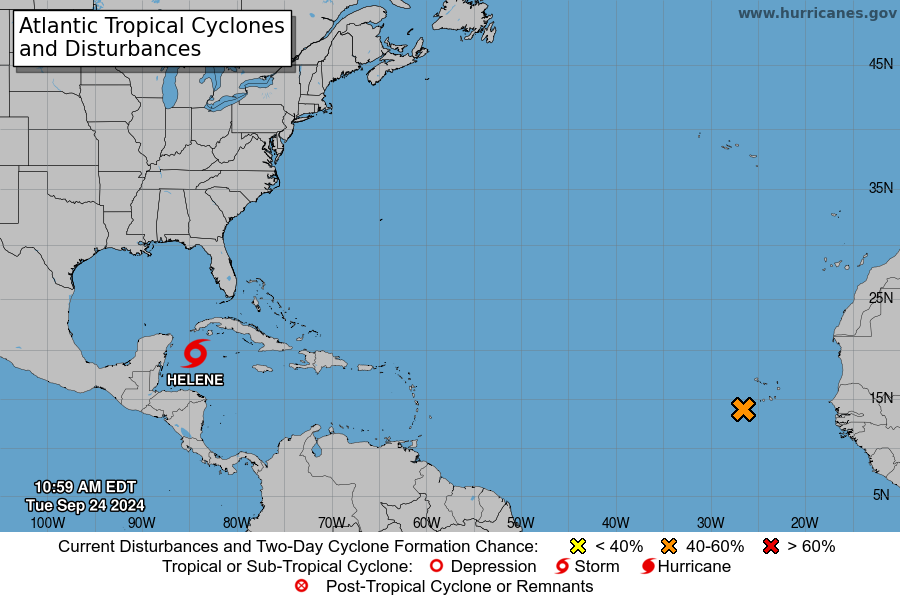
The recently passed My Safe Florida Condominium Pilot Program (HB1029/SB1366), effective July 1, 2024, was designed to increase hurricane resilience for condominium buildings. The program, which provides $30 million in state funding, offers grants to assist condo associations with hurricane mitigation projects such as reinforcing roofs, installing impact-resistant windows and doors, and improving structural durability. The state matches every $1 invested by the association with $2, and up to $175,000 in grants are available for each building.
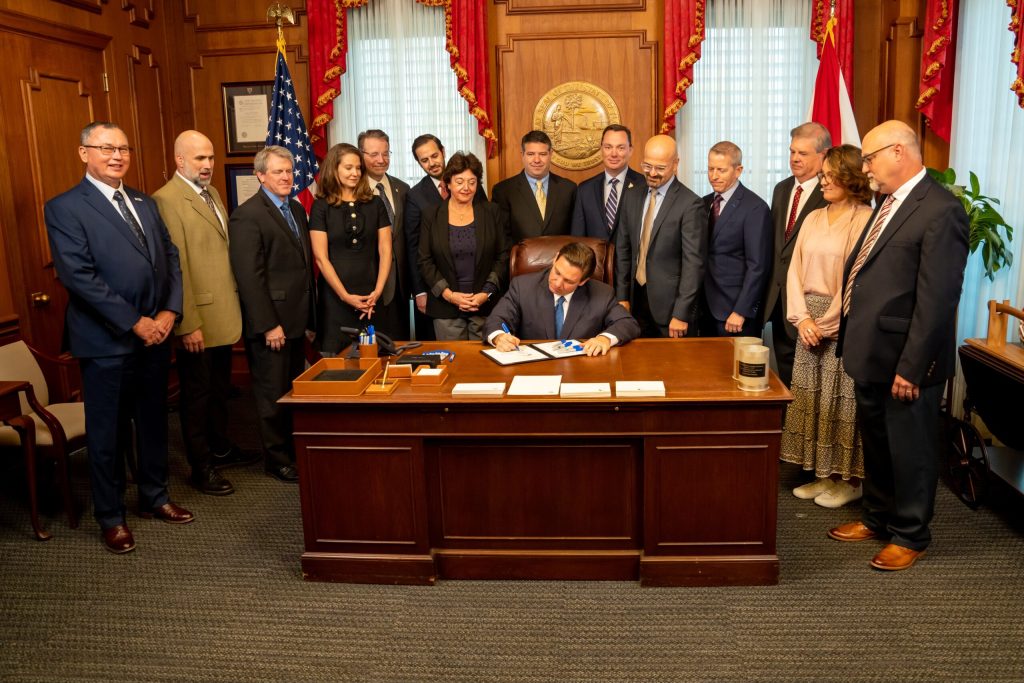
However, despite the significant funding and the long-term benefits this program could provide to coastal condominiums, the implementation timeline raises concerns. According to state officials, applications for the program are not expected to be available until the fall of 2024, meaning many condo associations have not yet had the opportunity to access these critical funds and begin their mitigation projects.
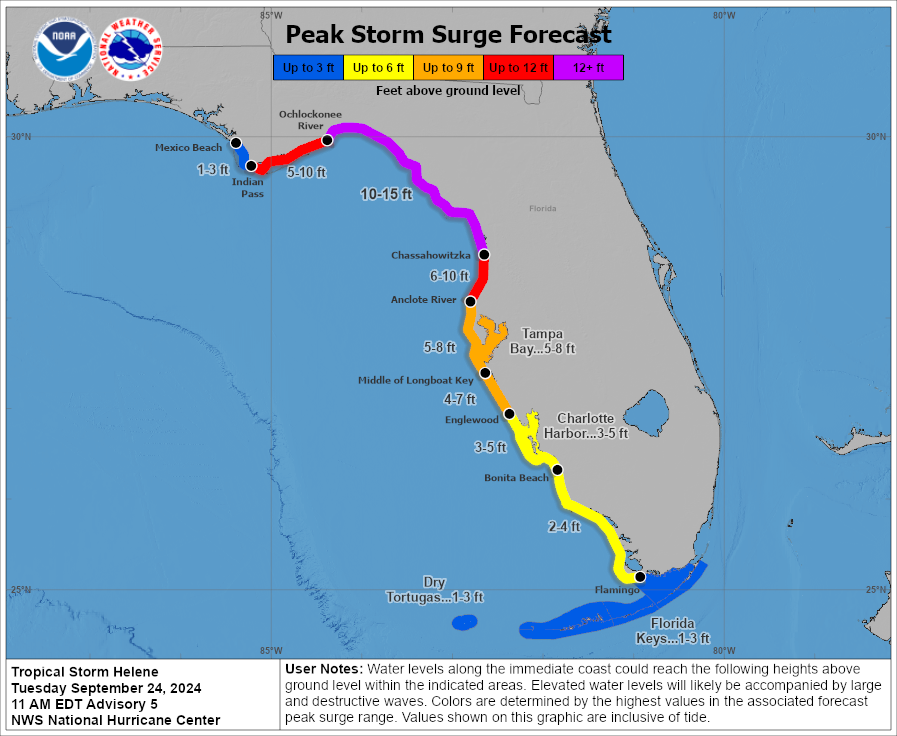
Meanwhile, Helene has already triggered hurricane watches and storm surge warnings for much of Florida’s west coast. With the storm expected to reach landfall by Thursday, the window for preparation is closing rapidly. The National Hurricane Center warns that Helene could pack winds of up to 115 mph by the time it reaches Florida, posing a serious threat to both coastal infrastructure and inland communities. The storm is forecast to bring life-threatening storm surge, heavy rain, and dangerous flooding across the region.
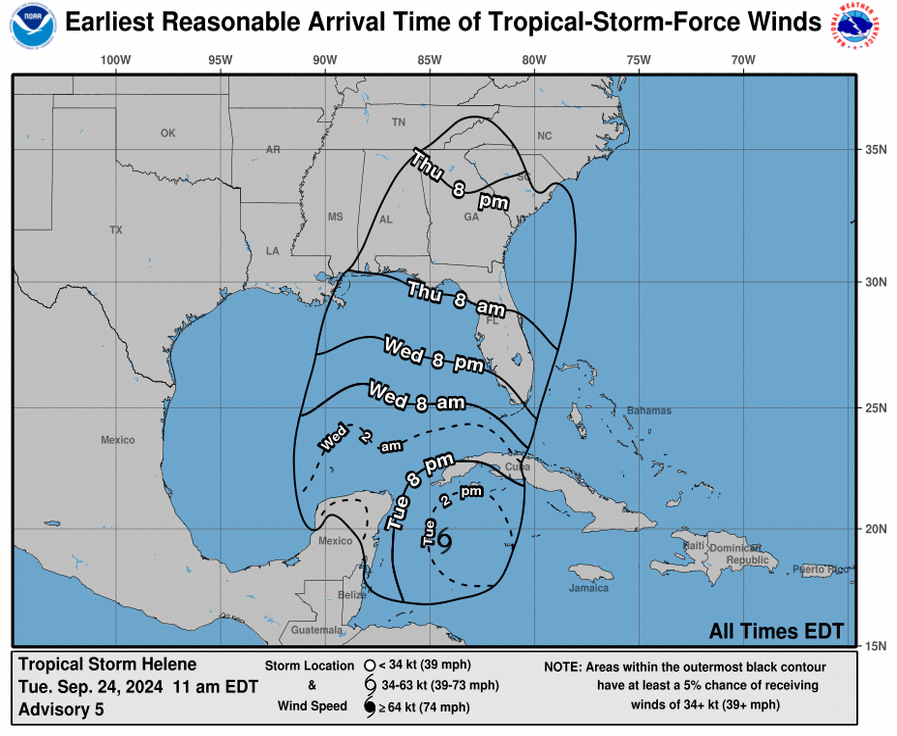
For condominium owners in the path of the storm, the pilot program’s delay highlights the risks associated with Florida’s aging building infrastructure, much of which has not yet been upgraded to withstand the growing intensity of hurricanes fueled by climate change. The high heat content of the Gulf of Mexico, combined with favorable atmospheric conditions, has positioned Helene to become a major hurricane, and the impacts are expected to extend well inland due to the storm’s large size.
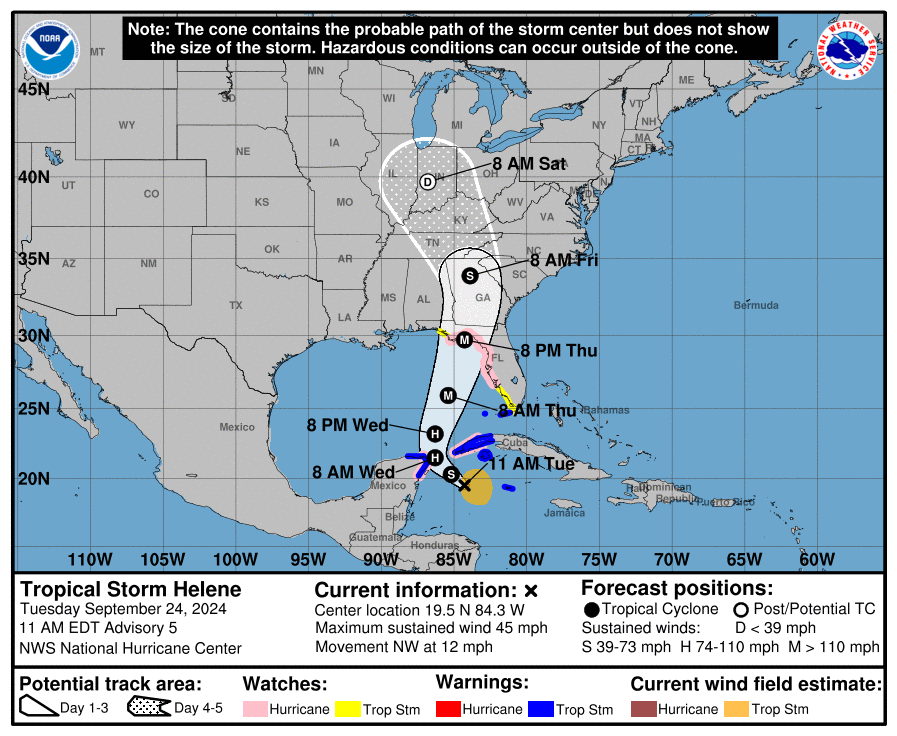
While the My Safe Florida Condominium Pilot Program promises to bring vital improvements to Florida’s condos in the future, the imminent arrival of Hurricane Helene underscores the urgent need for faster action. Many condo associations may not be able to retrofit their buildings in time for the next storm season if funding and inspection processes continue to face delays.
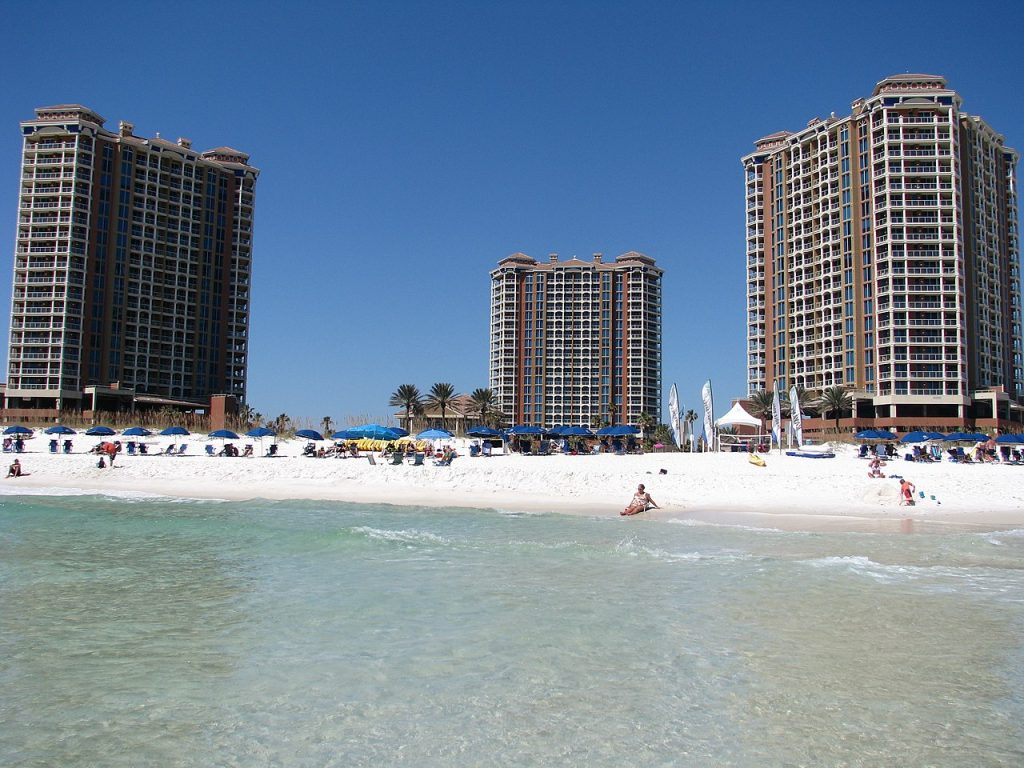
For now, as Floridians prepare for the landfall of Helene, the focus shifts to immediate emergency measures and evacuation orders from local officials. But for the long-term safety of Florida’s coastal communities, the gap between legislative action and practical implementation will remain a critical issue, particularly as climate change intensifies hurricane risks.
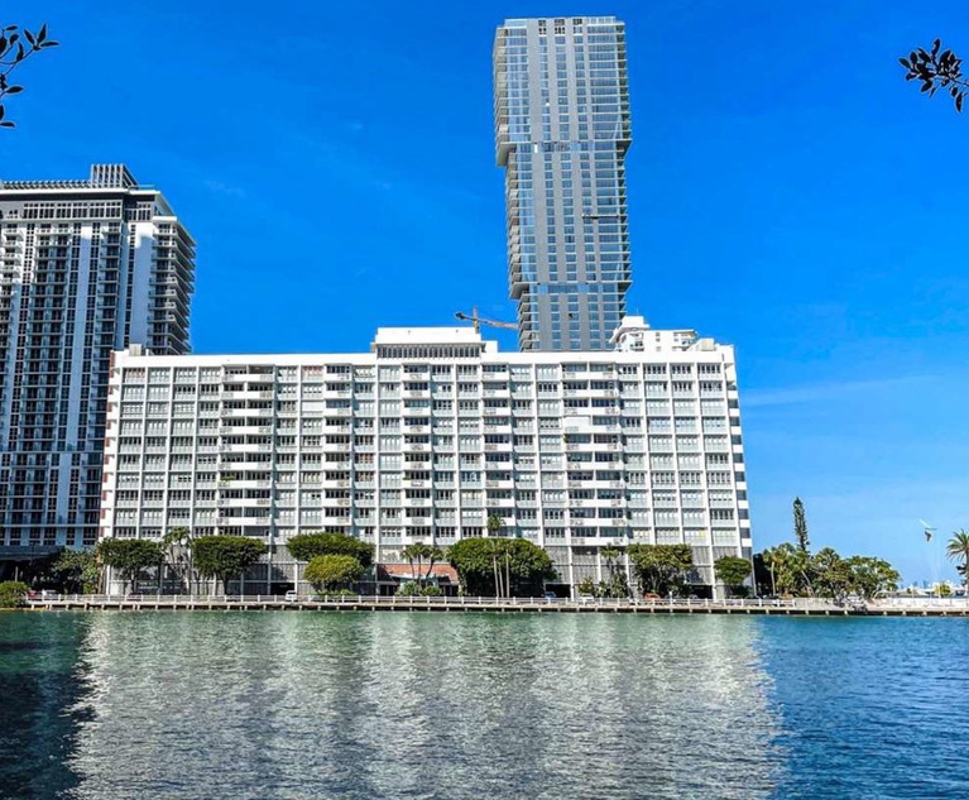
In the aftermath of Helene, state leaders and condo associations alike may be forced to reassess how quickly these programs can be mobilized to protect Florida’s vulnerable coastal infrastructure from the next big storm.

